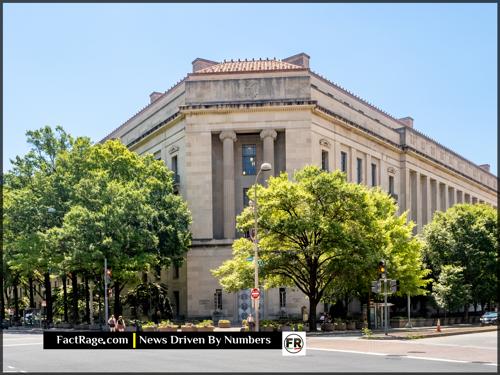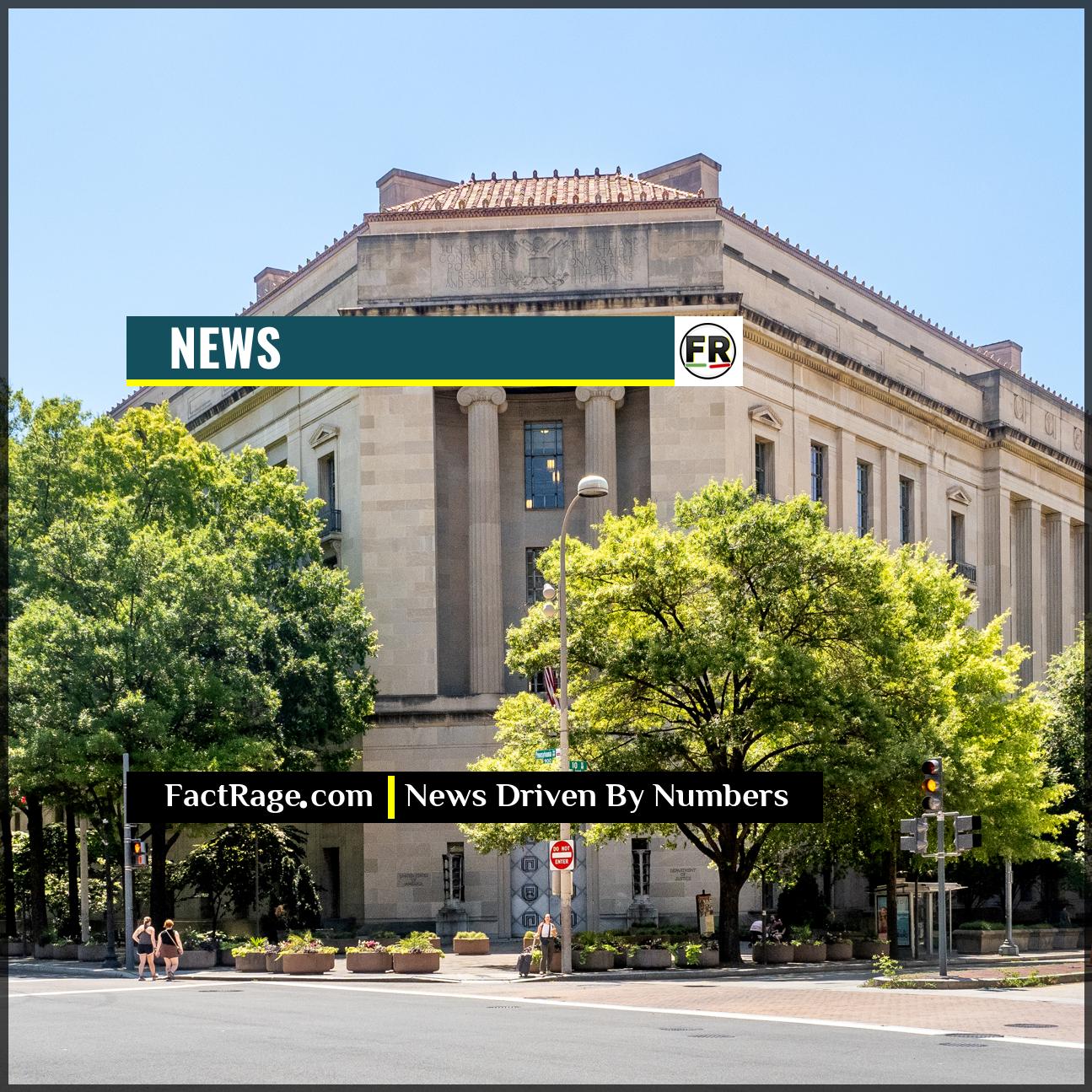WASHINGTON, DC – A federal court is set to issue a critical ruling on July 17 in the Department of Justice’s landmark antitrust lawsuit against Google, a decision that could significantly shape the future of the case and digital competition policy.
- The Core Allegation – The DOJ accuses Google of illegally maintaining monopolies in online search and search advertising through anticompetitive and exclusionary practices.
- The Upcoming Decision – The judge will rule on summary judgment motions, determining which claims and defenses can be decided without a full trial and which must proceed.
- Broader Implications – The outcome will influence the trajectory of government antitrust enforcement against other major tech firms and could set a precedent for applying century-old laws to modern digital platforms.
This upcoming decision is not just a procedural step; it represents a pivotal moment in a multi-year, bipartisan effort by the U.S. government to address the market power of Big Tech.
Beyond the Headlines: Why This Court Ruling is the Real Fight
![]() Landmark antitrust showdowns are rarely decided in a single, dramatic trial. The real battles are often fought over procedural motions and pre-trial rulings that define the legal battlefield. This upcoming decision in the DOJ’s case against Google is precisely that—a critical juncture where a judge determines which arguments are strong enough to proceed and which are dismissed. Understanding this process is key to understanding how the power of Big Tech is actually being challenged.
Landmark antitrust showdowns are rarely decided in a single, dramatic trial. The real battles are often fought over procedural motions and pre-trial rulings that define the legal battlefield. This upcoming decision in the DOJ’s case against Google is precisely that—a critical juncture where a judge determines which arguments are strong enough to proceed and which are dismissed. Understanding this process is key to understanding how the power of Big Tech is actually being challenged.
Read On…
Below, we break down the specific legal mechanics, the core policy arguments, and what this decision means for the future of tech regulation.
What This Ruling Actually Decides

The ruling expected on July 17 is not a final verdict on whether Alphabet Inc.’s Google is guilty of violating antitrust law. Instead, Judge Amit Mehta of the U.S. District Court for the District of Columbia will rule on motions for summary judgment. In this legal phase, both the Department of Justice (DOJ) and Google have asked the court to decide on specific legal questions or claims in their favor without a full trial, arguing that the facts are not in dispute.
The key question is which arguments are strong enough to proceed. For instance, the DOJ argues that certain contracts Google holds are inherently anticompetitive. Google contends its actions are legal and enhance competition. The judge’s decision will effectively narrow the scope of any future trial by resolving some of these issues beforehand. A sweeping ruling in favor of either side could dramatically alter their leverage and strategy moving forward.
The Heart of the Government’s Case
The DOJ’s lawsuit, originally filed in 2020, is one of the most significant government antitrust actions in decades, drawing comparisons to the case against Microsoft in the 1990s. The central claim is that Google violated the Sherman Antitrust Act by illegally protecting its monopoly over the online search market.
The government’s case focuses heavily on a series of exclusive, multi-billion-dollar agreements. The most prominent of these is Google’s deal to be the default search engine on Apple’s iPhones and other devices. The DOJ alleges that these contracts block rival search engines from gaining the scale needed to compete effectively. According to trial testimony and public reports, these payments amount to billions of dollars annually, creating what prosecutors call a “self-reinforcing cycle” of monopolization. Google’s defense is that its success is based on having a superior product and that these agreements are standard industry practice, not illegal exclusionary tactics.
Why This Case Echoes Beyond a Single Company
This lawsuit is a centerpiece of a broader, bipartisan political and regulatory push to rein in the power of the nation’s largest technology companies. The DOJ and the Federal Trade Commission (FTC) have also filed suits against other giants like Meta, Amazon, and Apple, targeting various aspects of their business models. What makes the Google search case so significant? It targets the foundational business of one of the world’s most powerful companies.
The potential consequences of a DOJ victory are substantial. Remedies could range from behavioral changes, such as forcing Google to end its exclusive default-search contracts, to more drastic structural changes, though the latter is considered less likely. Any outcome will establish a powerful legal precedent for how antitrust laws apply to digital gatekeepers. The decision will send a clear signal about the government’s ability—and the courts’ willingness—to reshape the competitive landscape of the 21st-century digital economy.
The Antitrust Equation: Setting the Precedent for a Digital Age
![]() This upcoming ruling is far more than a procedural checkpoint in a single lawsuit; it represents a fundamental test of the government’s ability to apply legacy antitrust principles to the digital age. The core of the issue is whether laws written for industrial-era monopolies can effectively regulate gatekeepers whose power is built on data, default settings, and network effects. The court’s decision will therefore set a powerful precedent, shaping the legal and political landscape for all future government efforts to rein in the market power of Big Tech.
This upcoming ruling is far more than a procedural checkpoint in a single lawsuit; it represents a fundamental test of the government’s ability to apply legacy antitrust principles to the digital age. The core of the issue is whether laws written for industrial-era monopolies can effectively regulate gatekeepers whose power is built on data, default settings, and network effects. The court’s decision will therefore set a powerful precedent, shaping the legal and political landscape for all future government efforts to rein in the market power of Big Tech.













